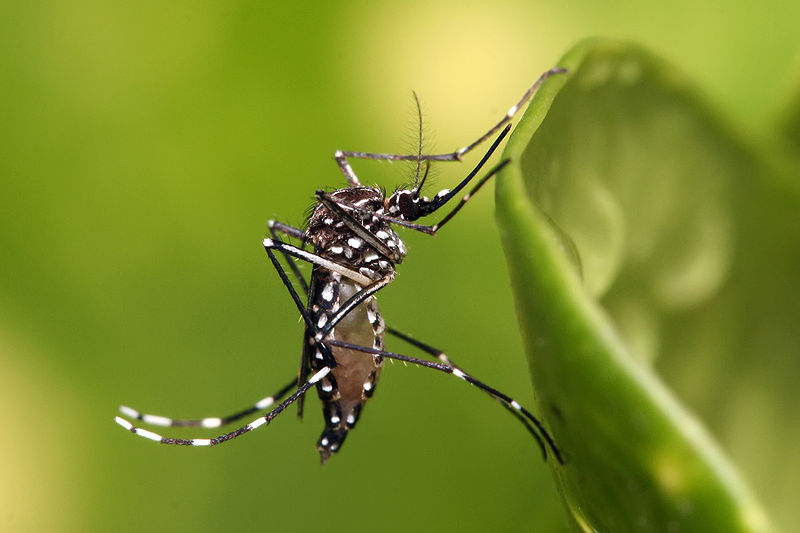|
Mosquitoes are a family
of small midge-like flies, the Culicidae.Like all flies, mosquitoes go
through four stages in their life-cycle: egg, larva, pupa, and adult or
imago.
In most species adult females lay their
eggs in moist soil or stagnant water sources such as drains, old tires, pools and
puddles.
Male mosquitoes do not extract blood from
victims; only the female mosquito is equipped with the piercing mouthparts.
Mosquitoes do not feed on blood, but collect it in order to
use its protein in developing eggs.
Mosquitoes typically remain within a one-mile radius of
their breeding site. A female mosquito can produce up to 300 eggs at one time and
can produce up to 3,000 eggs throughout her life.
Mosquitoes have poor eyesight. They cannot see objects
more than 30 feet away from them and cannot easily distinguish between objects
of similar size and shape. However, their sense of smell is highly efficient and
they can locate hosts within a wide area. Their antennae also contain sensitive
thermal receptors, which are used to locate blood near skin surfaces.
|
 Call Us
Now: Suria (
012-3136679)
Call Us
Now: Suria (
012-3136679) 


